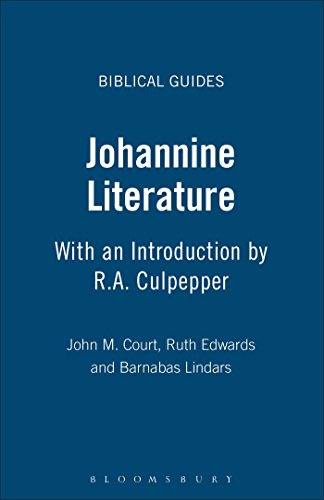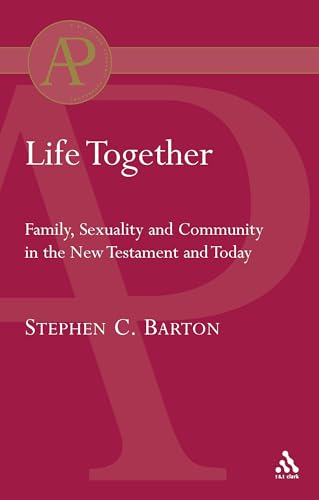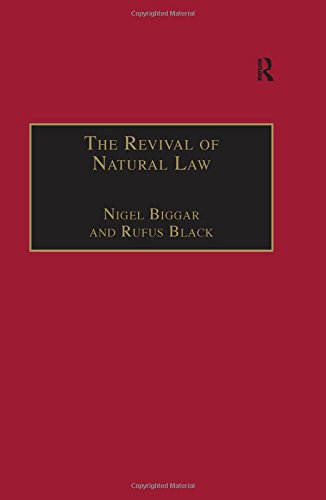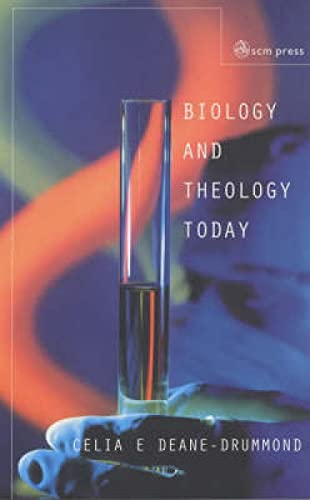The Psalms: An Introduction
Written by James L. Crenshaw Reviewed By Christopher HaywardThis is a rather patchy introduction to the Book of Psalms. At the start, Crenshaw sets out his purpose: ‘I examine the nature of the several collections of psalms, look at comparable texts in the Bible and elsewhere, study different approaches to the Psalms, and take a close look at four psalms [73, 115, 71, 24] as an indication of the rich treasures awaiting diligent readers’ (ix).
Part 1 (Origins) discusses the individual collections within the Book of Psalms and outlines psalmic material outside the Psalter itself. Crenshaw’s examination of the Davidic psalms is relatively brief, considering they constitute half the Psalter, and he is sometimes unnecessarily dismissive of a psalm, e.g. he judges that Psalm 51’s ‘restriction of sins to the vertical dimension hardly applies to David’, and that Psalm 52’s ‘application to an event in David’s life seems forced’. On the other hand, he offers quite a rich treatment of the Asaph and Korah groups. Part 2 (Approaches to the Psalms) assesses the contribution of modern interpreters, and here it is refreshing to read a book that is not dominated by Gunkel’s form-critical analysis, though that is given its proper place.
Particularly illuminating is the chapter on ‘Psalms as a source of historical data’, aside from the somewhat random nature of the observations on supposed parallels in other Ancient Near Eastern cultures. Crenshaw’s notes on individual psalms vary in quality. Psalm 23 is given an insightful exposition, but Psalm 1 is described as ‘Pollyannish’, Psalm 119 is criticised for spending ‘a lot of time … uttering tautologies’ and the use of Psalm 110 in the book of Hebrews is dubbed ‘speculation’. Such remarks tell the reader more about the author than about his subject.
Crenshaw offers a reasonable discussion of the thorny issue of the imprecatory psalms, citing C.S. Lewis and Erich Zenger, who is said to ‘[understand] these prayers for vengeance as affirmation of divine integrity in the face of strong evidence to the contrary’. But here, as elsewhere, his approach is too anthropological, and does not show sufficient respect for the divine authorship of the Psalms.
Crenshaw is not afraid to swim against the scholarly tide, and aptly observes earlier in the book that ‘the approach [of Westermann and Gerstenberger] enables readers to see the dark shadows of uncertainty in scholars’ minds and to recognise arbitrary efforts to give answers when the literature resists any rational explanation for its present shape and content’. So when he comes to an extended excursus on ‘Wisdom Psalms’ (a category he disputes), Crenshaw offers a detailed rebuttal of the theories of Kuntz and Whybray. But this kind of extended discussion is better excluded from a so-called ‘Introduction’, and some of it is repeated anyway in the following section on ‘artistic and theological design’.
Another surprising inclusion in the Introduction is the substantial expositions of four psalms in Part 3. Notwithstanding the criticisms of Crenshaw’s work that I have offered, these ‘readings’ are stimulating, especially with regard to the question of the afterlife in Psalm 73, and the linking of Psalms 24 and 15.
A few anomalies seem to be present in the book, such as contradictory statistics on pages 4 and 15, and the frequent (and unheralded) adoption of Hebrew verse numberings.
Crenshaw’s book contains many helpful insights into the Psalter. But an evangelical reader will want a good deal more on the overall message of the Book of Psalms, not least from the perspective of the NT, which in Crenshaw is relegated to just a single sentence.
Christopher Hayward
Oak Hill Theological College







